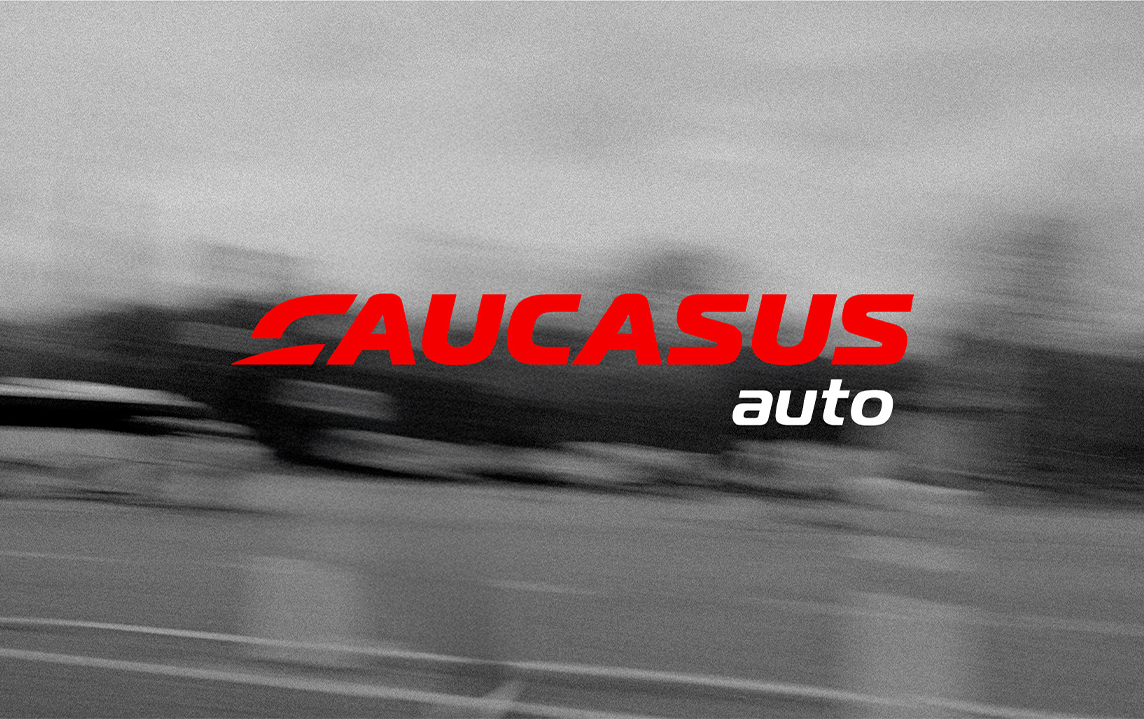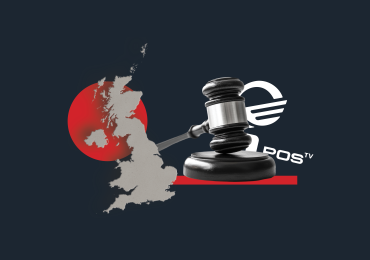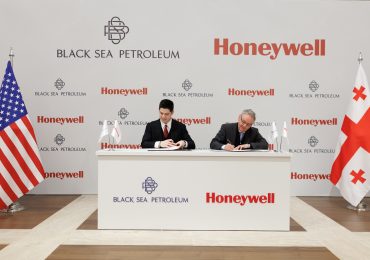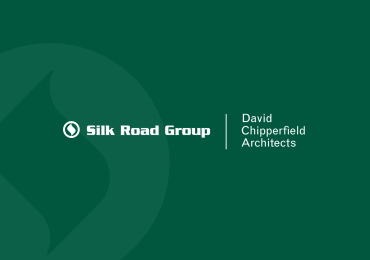At a time when importing a car from the U.S. to Georgia was considered prohibitively difficult and expensive, Caucasus Auto entered the market. What started in a small rented room, with a borrowed projector and a lot of enthusiasm, has today become a global success story. Operating in eight countries worldwide, importing nearly 1,000,000 vehicles, and supported by a team of 700 professionals, the company continues to grow with ambitious goals. Forbes Georgia spoke with Caucasus Auto’s management – Managing Director Giorgi Surguladze, Executive Director Davit Gulashvili, and Business Development Director Tato Norakidze – about the company’s journey and future plans.
By Iza Gvaramadze
Caucasus Auto has been active in the market for over 20 years – how did it all begin?
Giorgi: It all started as a friendship. A group of Georgians living in the U.S. noticed that at the time, importing a car to Georgia seemed almost impossible and very costly, which was actually not the case. They developed the auto import concept and brought it to Georgia. They presented their plan, with detailed analysis and financial calculations, to potential customers in a small rented room at the Mining Chemistry Building building, using a borrowed projector. The most important thing was that they truly believed in their idea and its success.
Their confidence paid off. Caucasus Auto quickly grew and today is a global player.
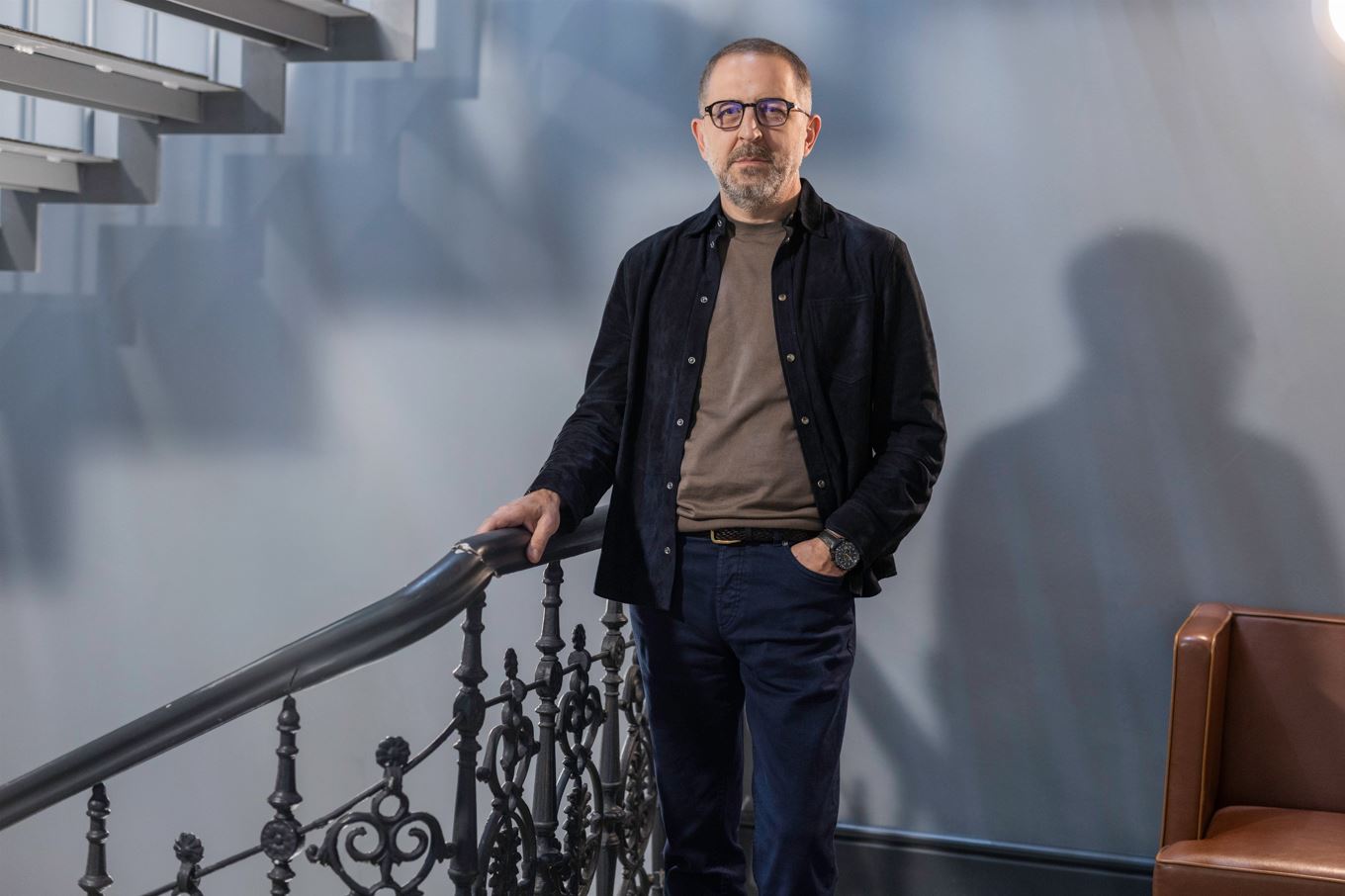
What was the turning point for the company’s development? What would you say is the key to its success: the team, the vision, or the strategy?
Giorgi: The turning point was the growing interest from customers and the resulting business expansion. This led to team growth, system development, and the establishment of new standards for the customer experience. There is no single formula for success – it’s unique to every company. For us, it was the right timing, the right vision, and the right people, who from the start had the ambition to build an internationally recognized company.
How has the auto import industry changed in recent years, and how has the company adapted? Can you share some figures?
Davit: The auto industry is dynamic and constantly growing. Our main challenge is keeping pace with these changes and responding quickly to market trends. It’s crucial to stay relevant and meet customer demands precisely. The global digital transformation has also encouraged us to develop technological services and products that simplify daily life for our customers.
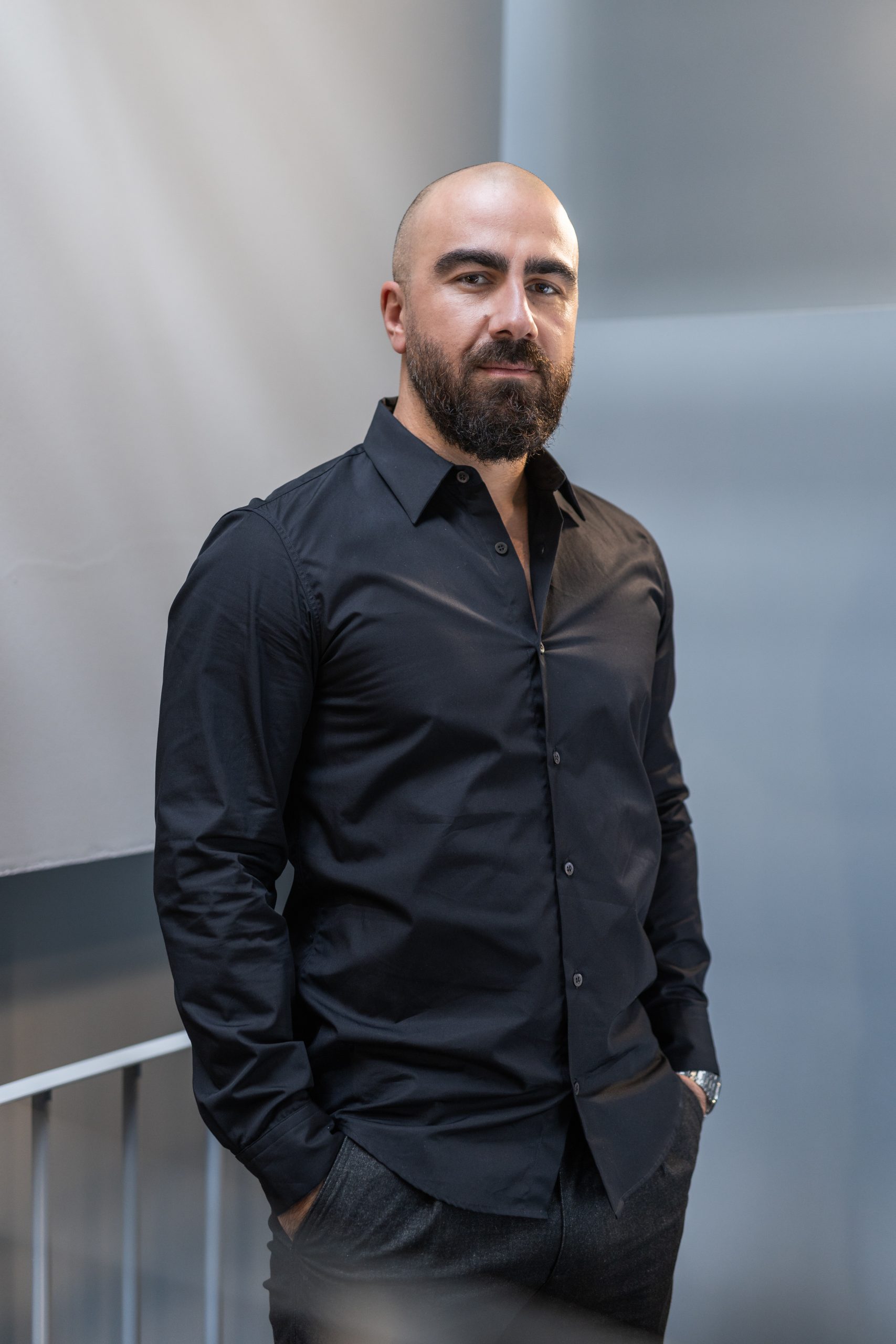
We realized that the logistics chain and processes we established in Georgia worked effectively, which opened the door for geographical expansion. Today, we operate in eight markets: Georgia, Poland, the UAE, Ukraine, Armenia, Kazakhstan, Azerbaijan, and Kyrgyzstan. One of our key initiatives in 2025 was opening a new office in the UAE.
We are proud that we have imported nearly 1,000,000 vehicles to date, and our team continues to grow, now comprising 700 professionals.
What are the main challenges in the auto import sector today, particularly considering global logistics and price fluctuations?
Davit: The auto import industry is highly volatile, influenced by geopolitical events, price changes, and global market fluctuations. Our main challenge is to respond quickly to these changes, select the right partners, find alternative routes, and manage our financial model flexibly, so the impact on our customers is minimal.
Over 20 years, we have built a strong network of reliable partners and structured our processes in a way that ensures stability, even in a volatile market.
How competitive are the markets you operate in, and how do you maintain your position?
Davit: Competition is certainly high. Local and international companies, large and small, each have their own strategy – some focus on price, others on speed, quality, and some on innovation. For us, the focus is on the complete customer experience – from selecting the vehicle to delivery. Every stage is transparent and simple. There are no hidden costs, and customers can tailor our services to their needs. This approach helps us maintain a strong position in competitive markets.
Why did you decide to rebrand, and what does it involve – just a visual update, or strategic changes as well?
Tato: Caucasus Auto’s visual identity remained unchanged for 20 years, but during this time, much has evolved: the company has grown, new products have been developed, international standards introduced, customer expectations and tastes have changed, and digital transformation has accelerated the pace of change.
It was crucial to listen to customers, recognize trends, and make data-driven decisions rather than rely solely on intuition. That’s why we began actively working on our brand in October 2024.
Our goal was to clearly communicate to a wider audience that Caucasus Auto is a global leader in its industry. Updating our visual identity was a natural step to reflect our values and modern character.
For us, rebranding is not just a new logo – it’s a step that unites our experience, achievements, and ambitions, allowing us to continue growing and strengthening our leadership in the region.
You recently expanded to the UAE. What stage is this project at, and why did you choose this market? How do you select new markets?
Tato: The project is in an active phase. An office has opened in Sharjah, the team is in place, and 75 people are currently developing the business locally. Early results are promising: we have stable partners and growing customer trust, confirming we chose the right direction. The UAE is a hub for logistics, trade, and technology, so this choice is strategic.
Every expansion step is preceded by in-depth analysis, which proves effective in practice.

What is your long-term vision – do you plan to enter new markets in Europe or Asia?
Tato: As mentioned, we are already present in eight markets, but this is just the beginning. Expanding into Europe and Asia is a natural continuation of our strategy. We see particular potential in Eastern Europe, where there is demand for transparent auto imports and room to establish new standards.
Entering these markets allows us not only to grow but also to share experience and technological capabilities, creating an ecosystem where customers truly feel our advantage.
What is your strategy for the next five years?
Tato: In such a dynamic environment, it’s hard to speak precisely about a five-year strategy. Technology evolves rapidly, and I am confident that the next two to three years will bring even more challenges and opportunities.
Our long-term focus remains the same: delivering the best customer experience and more personalized services. We want each customer to receive a product and service that perfectly meets their needs.
We will continue our geographical expansion because we believe our approach can make a real difference in auto logistics globally.
We will pay particular attention to brand and organizational development, both internally and externally, ensuring greater transparency, engagement, and a strong shared culture.
We also plan to develop partnerships beyond the auto industry, including technology, finance, and ecosystem collaborations.
We have many plans, and I am confident we can achieve them because I always trust my team.
Finally, how do you plan to expand your services? What innovations can customers expect?
Tato: Future service expansion will focus on digital and technological solutions. We plan to digitize the auto import process so customers can manage vehicle purchases easily on a single, simple platform.
In parallel, we are strengthening our logistics systems to make every stage of transportation more efficient and faster. We also plan local service expansions in the countries where we already operate, improving service centers and developing partner networks and new collaborations.
S

